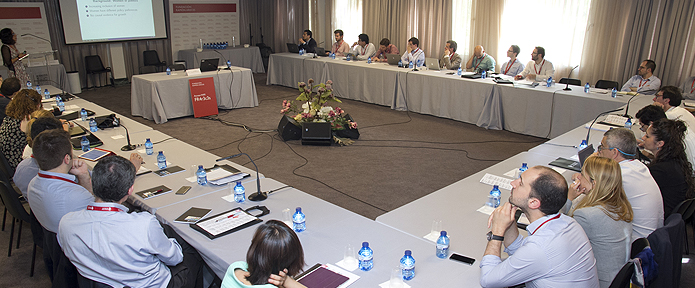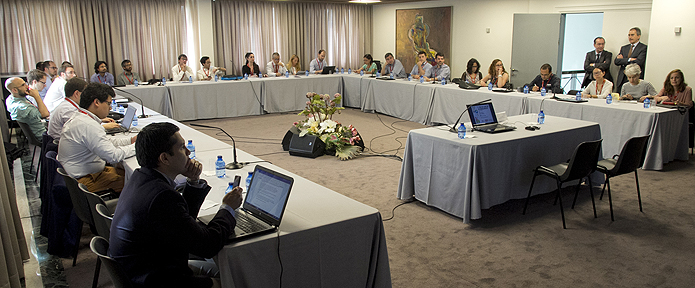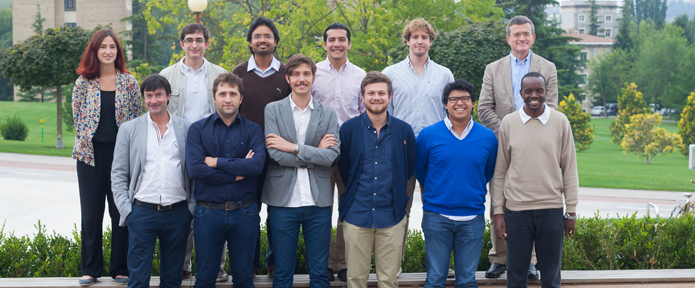"The threat of terrorism increases the likelihood that an extremist ideology could make it into government."
discussion paper Hasin Yousaf, from the Carlos III University of Madrid, gave a lecture on terrorism and political participation during a meeting organized by the Navarra Center for International Development and the Ramón Areces Foundation.

Hasin Yousaf, researcher predoctoral at Universidad Carlos III de Madrid, participated in the V NCID Research Workshop, organized by the Navarra Center for International Development of the University of Navarra and the Ramón Areces Foundation on June 6 and 7 in Madrid.
He gave a lecture entitled 'Terrorism Risk and Political Participation'. In it he presented a research on the threat of terrorism and increased political participation. Specifically, he referred to the case of the September 11 attacks and their effect on the 2004 presidential election.
To what extent does the threat of terrorism affect citizens' political preferences?
In areas with a higher threat of terrorism, citizens become more politically active and tilt their preferences to the right on the ideological spectrum compared to areas with a lower threat. These results highlight that the threat of terrorism after a terrorist attack can affect citizens, such that they become more politically active and change their political preferences.
Can this threat lead to a radicalization of citizens?
The change in citizens' preferences can have a detrimental impact on the political structure. Preliminary results indicate that the threat of terrorism increases the likelihood that an extremist ideology can make it into government. This leads to a spiral in which a terrorist attack changes citizens' political preferences and creates incentives for candidates who are more extremist in their ideology to succeed, thus moving citizens toward radicalization.
What implications can this research have for the development of public policies?
The main one is that politicians should not be allowed to use the fear of terrorism among citizens for electioneering purposes. After an attack, citizens are susceptible and emotionally vulnerable to the threat of terrorism. In this status, the use of this by politicians to get elected to a position can lead to radicalization of citizens. There should be stronger controls on the subject of politicians' platforms and speeches in the aftermath of a terrorist attack.





